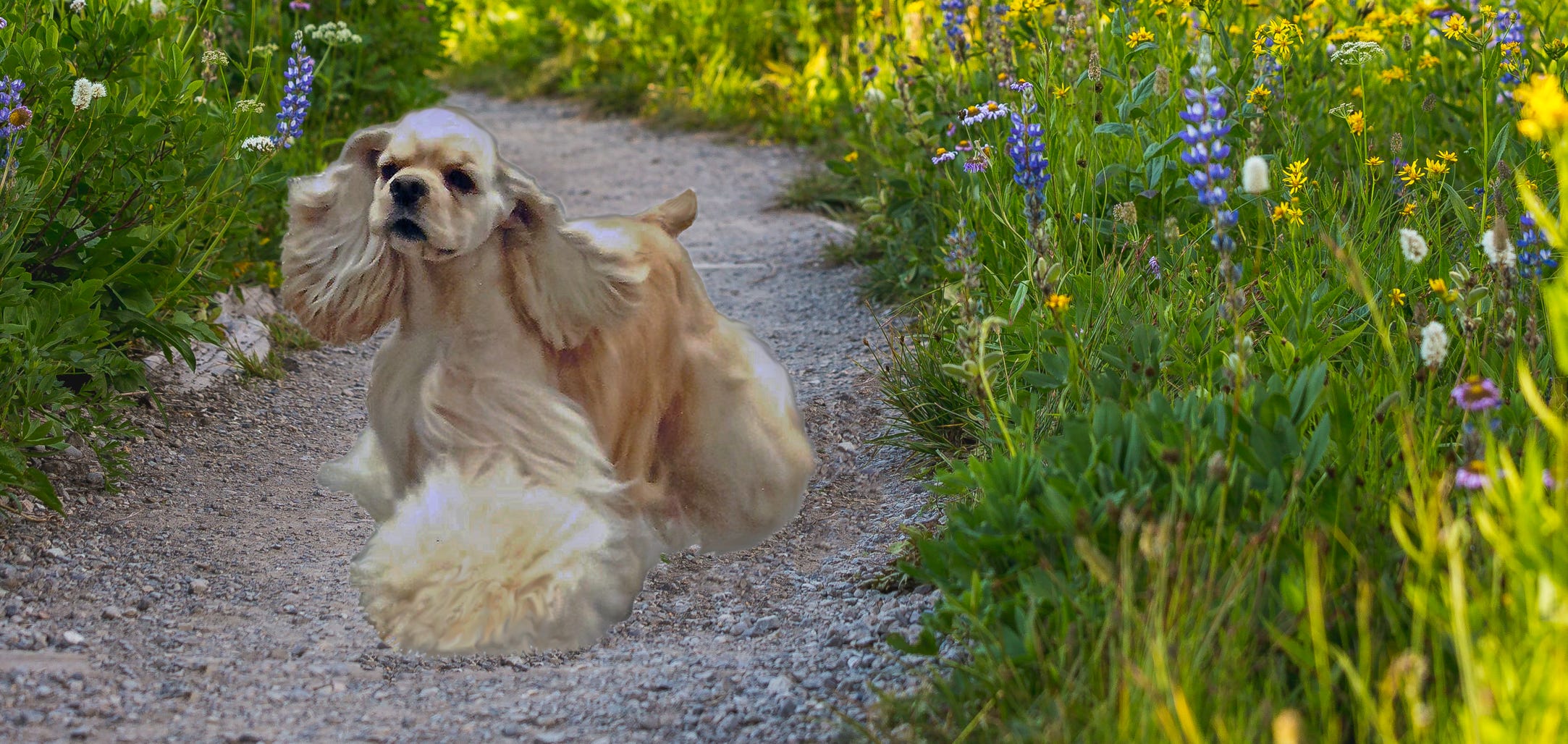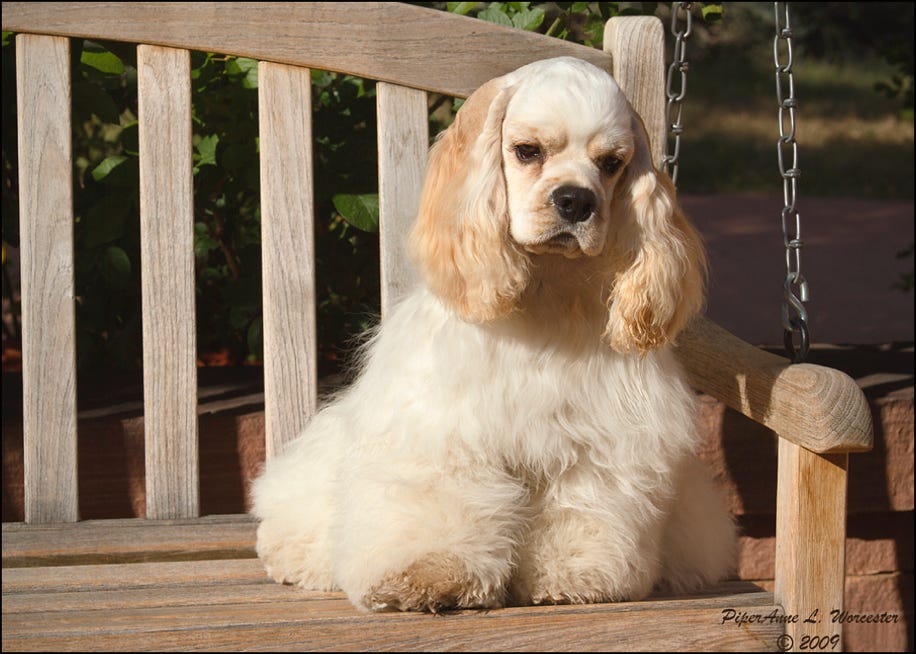
LEARN MORE

Lorem ipsum dolor sit
UP YOUR DOG SHOW GAME

LEARN MORE

Lorem ipsum dolor sit
UP YOUR DOG SHOW GAME

Temperament in Dogs - Nature vs Nurture
Dogs come in all shapes and sizes, both physically and psychologically. Some dogs can become irritated quickly, and others aren't bothered by much of anything. Some dogs look for an opportunity to meet strangers, while others try to avoid strangers altogether.
Most breeders have noticed that some of their puppies, even within the same litter, are social and quickly warm up to new social situations easily. In contrast, others are cautious, unwilling, and quickly reacting in fear to new situations. Often these dogs would rather sit quietly in the corner rather than curiously welcome new changes.
Temperament is a collection of genetic traits dogs are born with. Therefore, there is very little we can do to change their temperaments. Personality, however, encompasses an individual's characteristic behavior and thought patterns that may be shaped and molded by early social interactions, training, and events throughout their lives. Hence, one may think temperament reflects the "nature" origin of dog behavior, whereas personality incorporates "nurture" into how a dog thinks and acts.
Understanding canine temperaments and personalities have come a long way in the last several decades. A dog's temperament can influence how they behave, especially as puppies. How a puppy is raised can undoubtedly influence their personality and behaviors. Every puppy is born with natural traits and dispositions. Let's look at four general categories of temperament that make up each individual animal.
Sensory Threshold: The sensory threshold is a dog's sensitivity to a stimulus. Some dogs, particularly puppies, may become bothered by loud noises or sudden movements. Others, meanwhile, may be fine with those things.
Adaptability: Adaptability indicates whether a puppy can easily adjust to changes in their environment. Some puppies can easily adapt and can handle change without much distress. Others might take longer to adjust and may have more stress because of it. They may need additional time to feel comfortable with the same change.
Approach/withdrawal: Similar to adaptability, this temperament refers to how puppies approach new situations. Some puppies might be naturally friendly to strangers. Meanwhile, others may be shy or avoid new people altogether.
Intensity of reaction: This is how a puppy reacts to a situation. When faced with something new, does the puppy react calmly or shrink back in fear? Some may react to new situations with ease, as if it isn't a big deal. For others, the smallest variation in their day could produce a huge reaction.
Yet, temperaments aren't limited to the presence of unique genes. Canine behaviorists, as well as many reputable breeders, have known for a long time that environmental factors such as abuse, neglect, or positive early socialization can have long-lasting influence on temperamental traits.
The proper socialization of puppies during the first three months of a puppy's life will positively affect their personalities as adults. Even puppies with a slightly shy temperament may be greatly improved by regularly exposing them to new experiences, people, places, and things. Enrolling them in a "Puppy Kindergarten" class is another excellent way of socializing a puppy.
The Cocker Spaniel temperament is to be "equable with no suggestion of timidity." Equable means not easily disturbed or angered, calm and even-tempered. They should be merry with confident wagging tails and not shrink back, hide, or bark in fear when presented with new situations. They should be curious, confident, and affectionate. Never aggressive. To sum it up, a Cocker Spaniel should be a"merry dog who knows no stranger. "Adult Cocker Spaniels who do not overcome timid behaviors and react fearfully to new circumstances with their tails clamped down should not be included in a breeding program.
The "nature" reflected in a dog's temperament is a specific set of genetic traits each puppy inherits from its sire, dam, and the other animals in its pedigree. The "nurture" is the personality breeders, and owners can shape and mold with purposeful, committed socialization of their young puppies. Don't skip the socialization!

SHARE US ON FACEBOOK